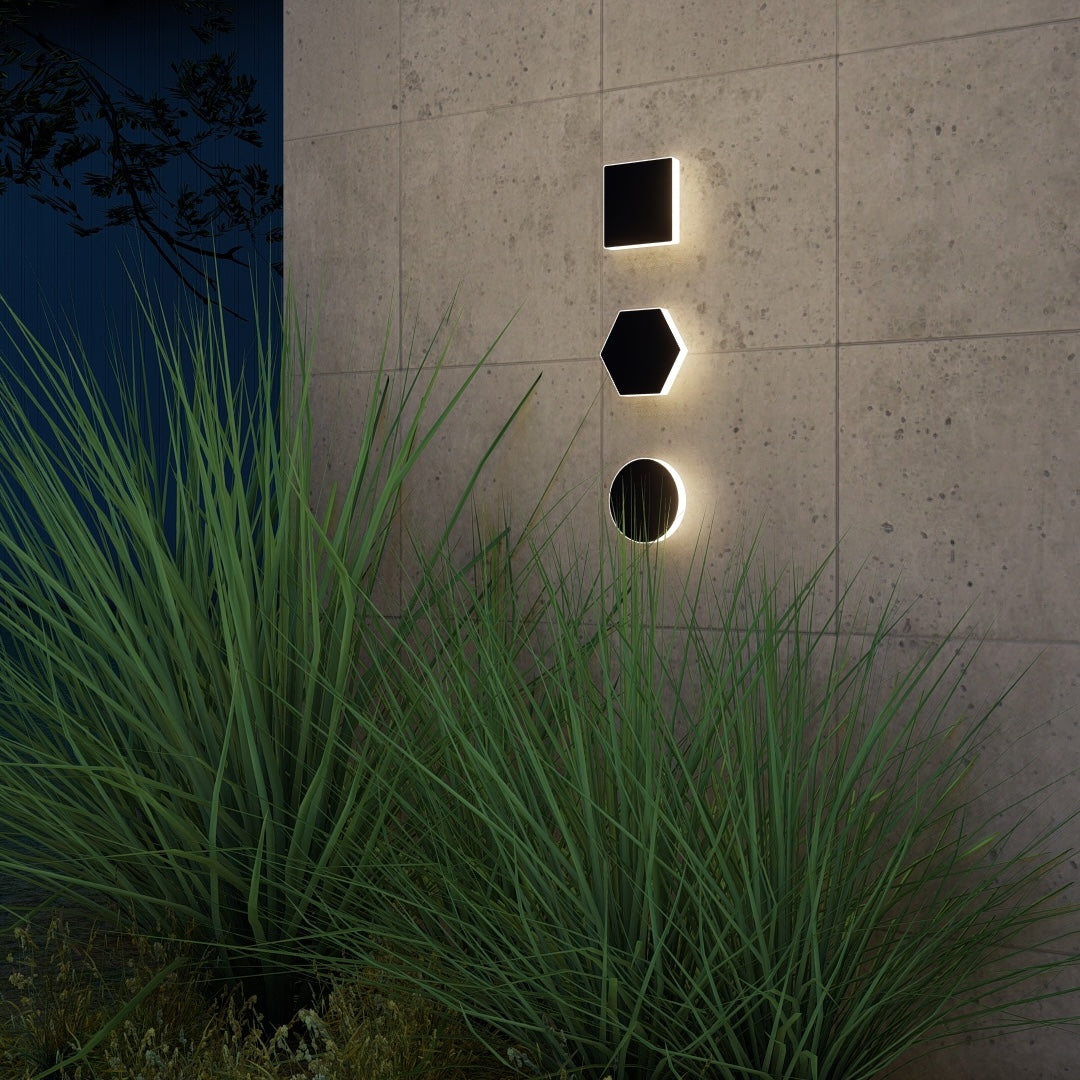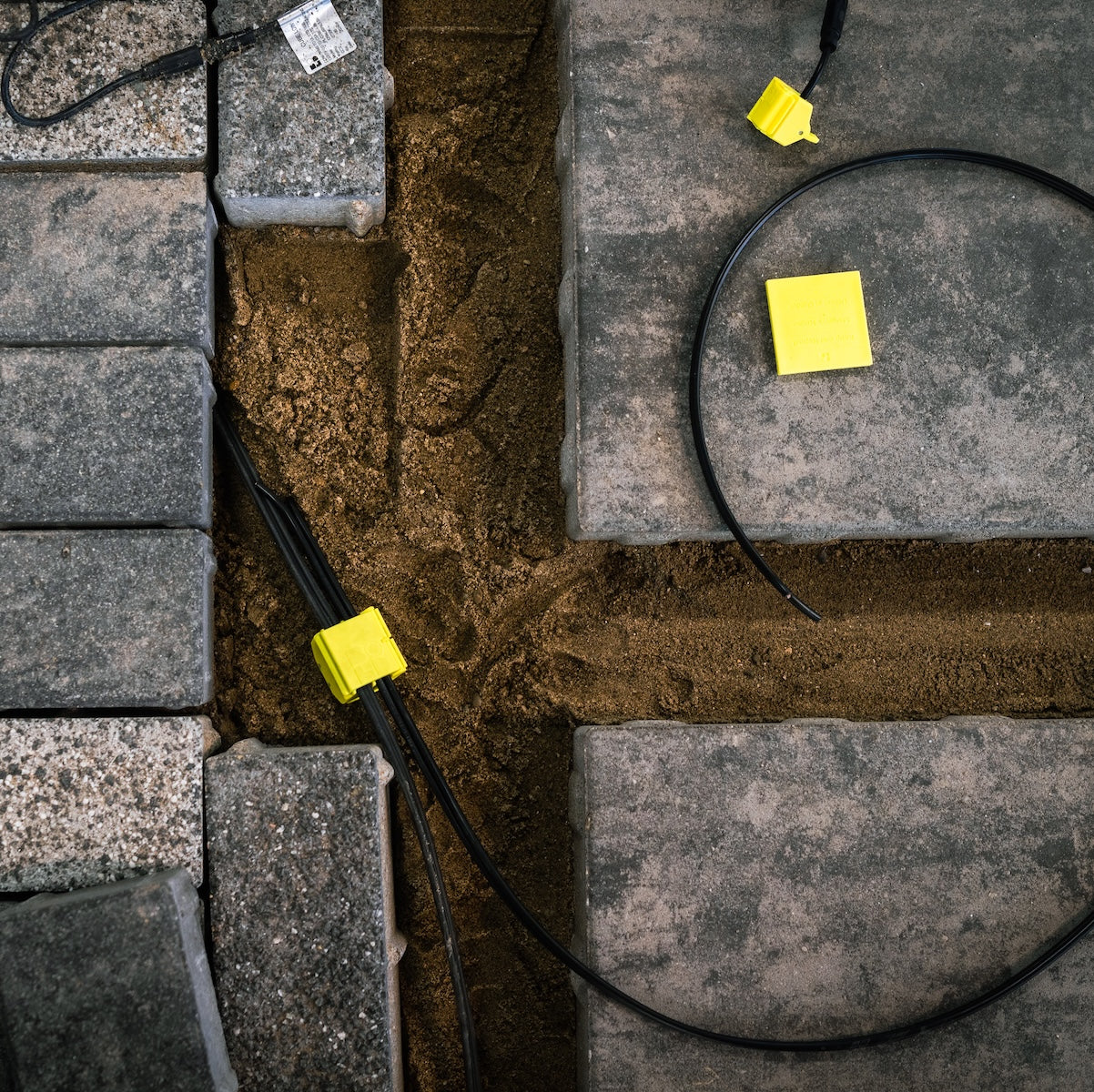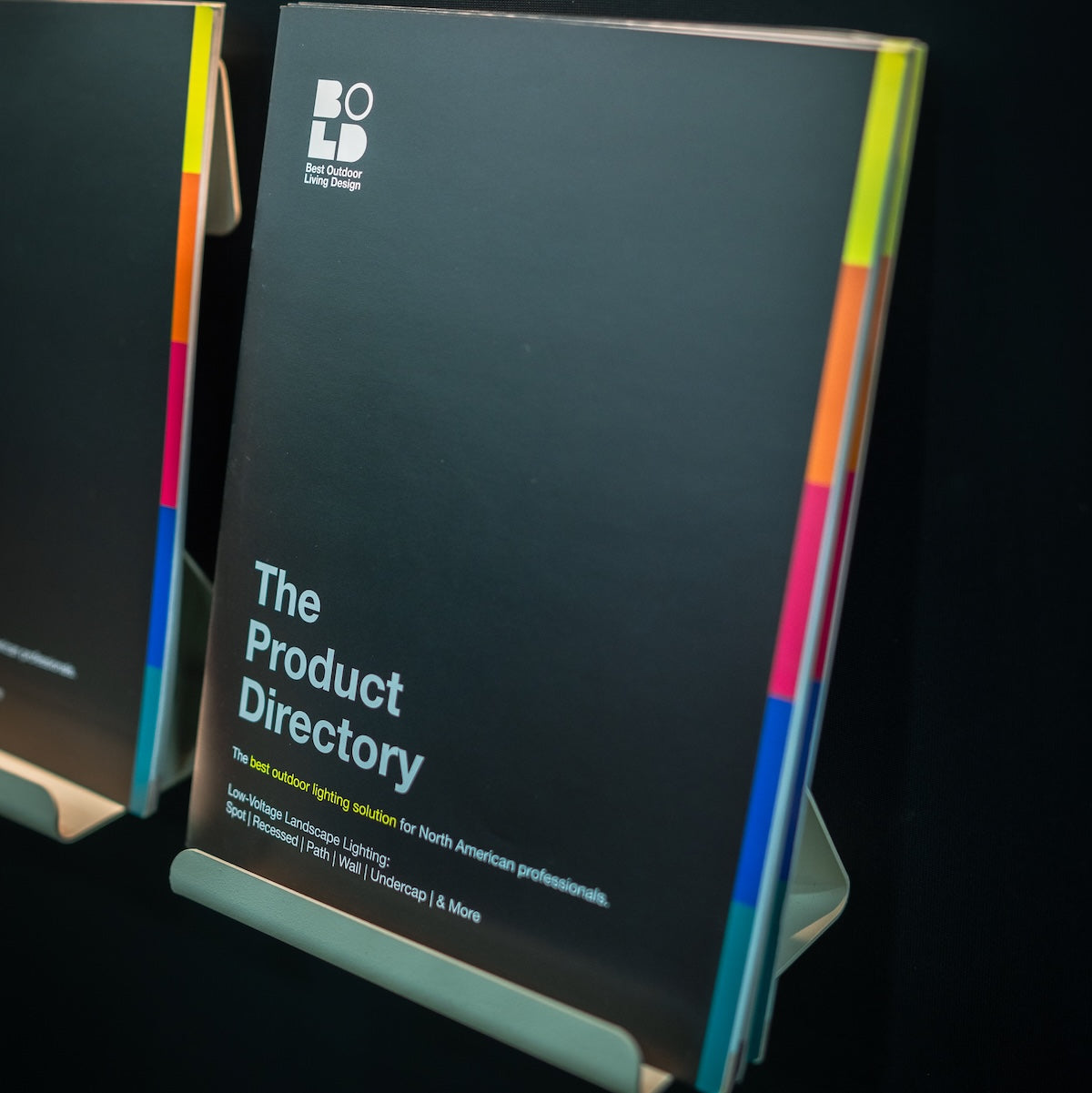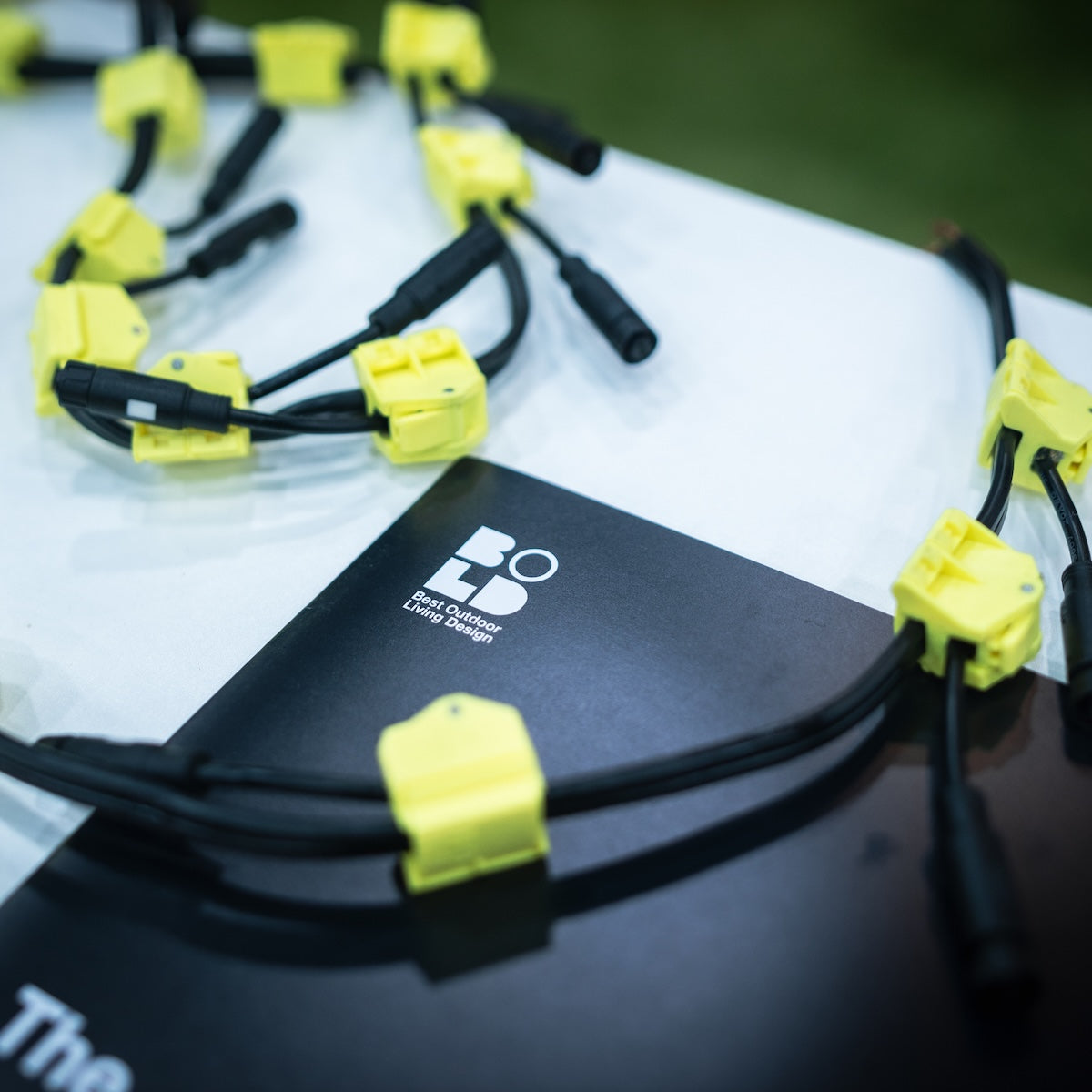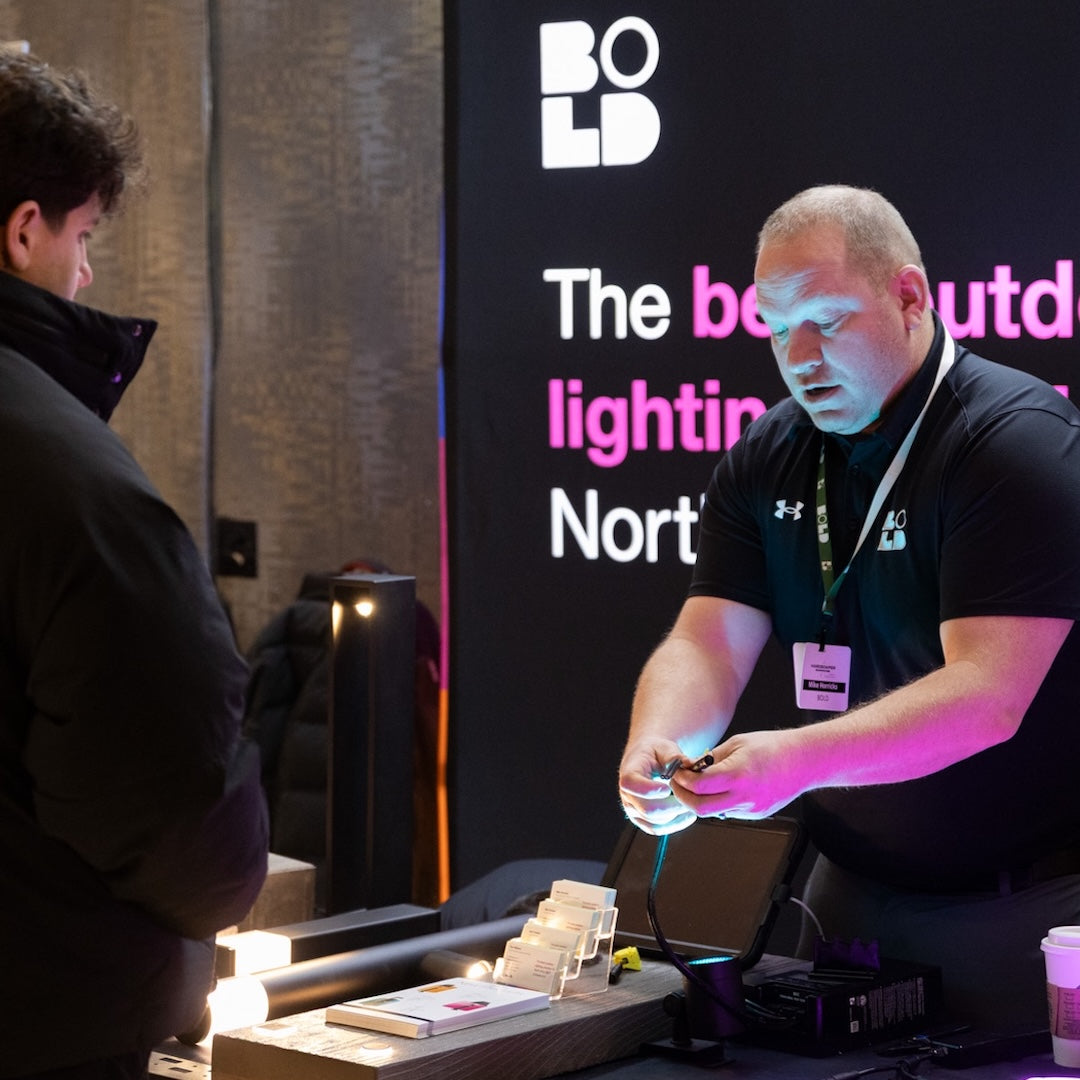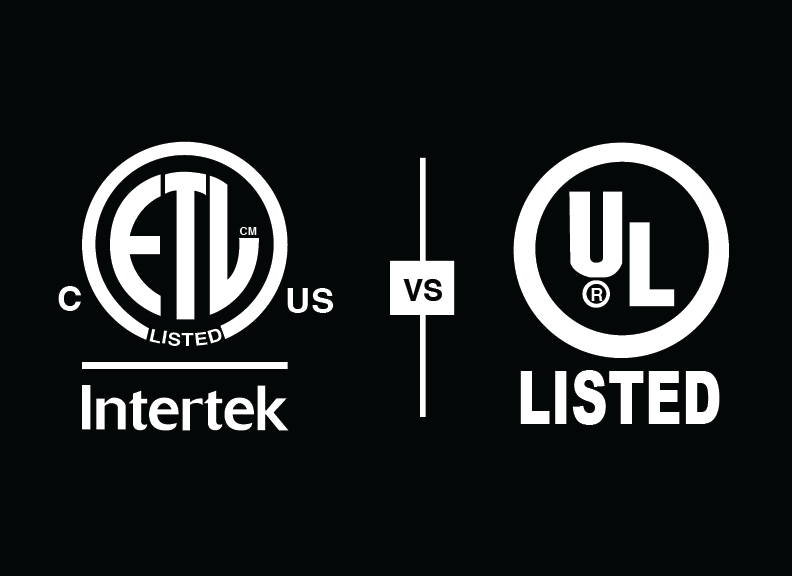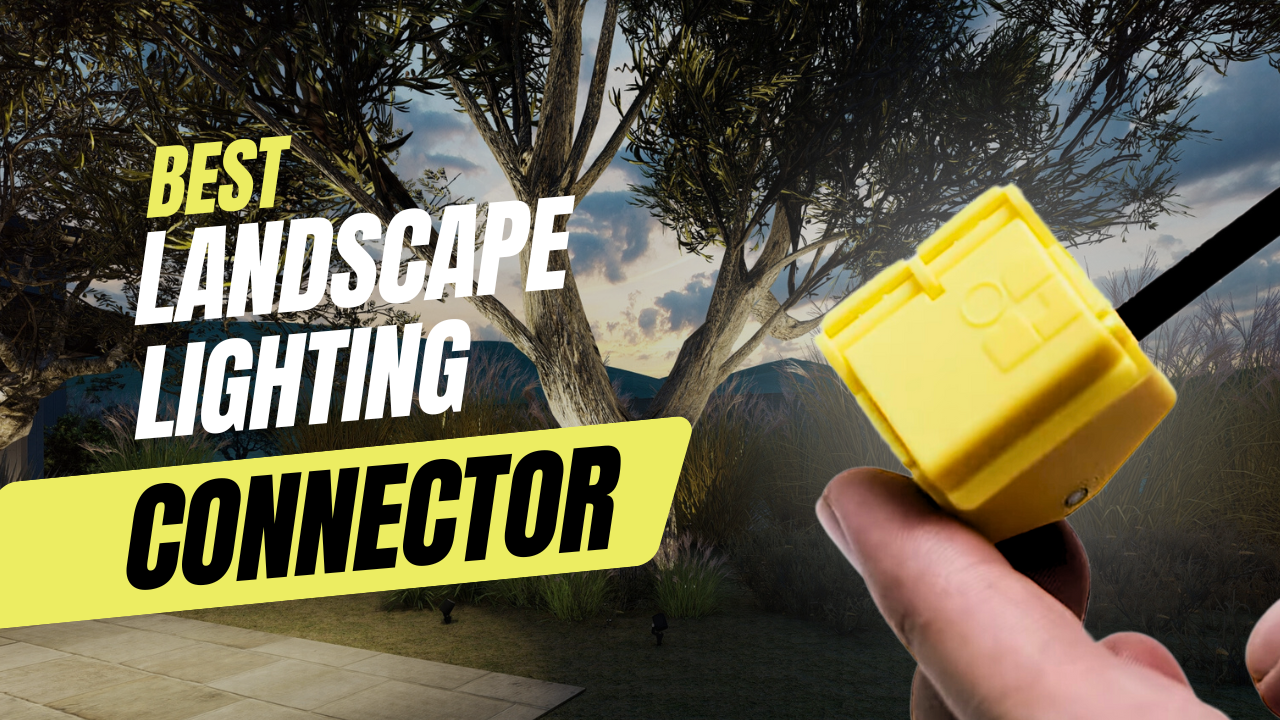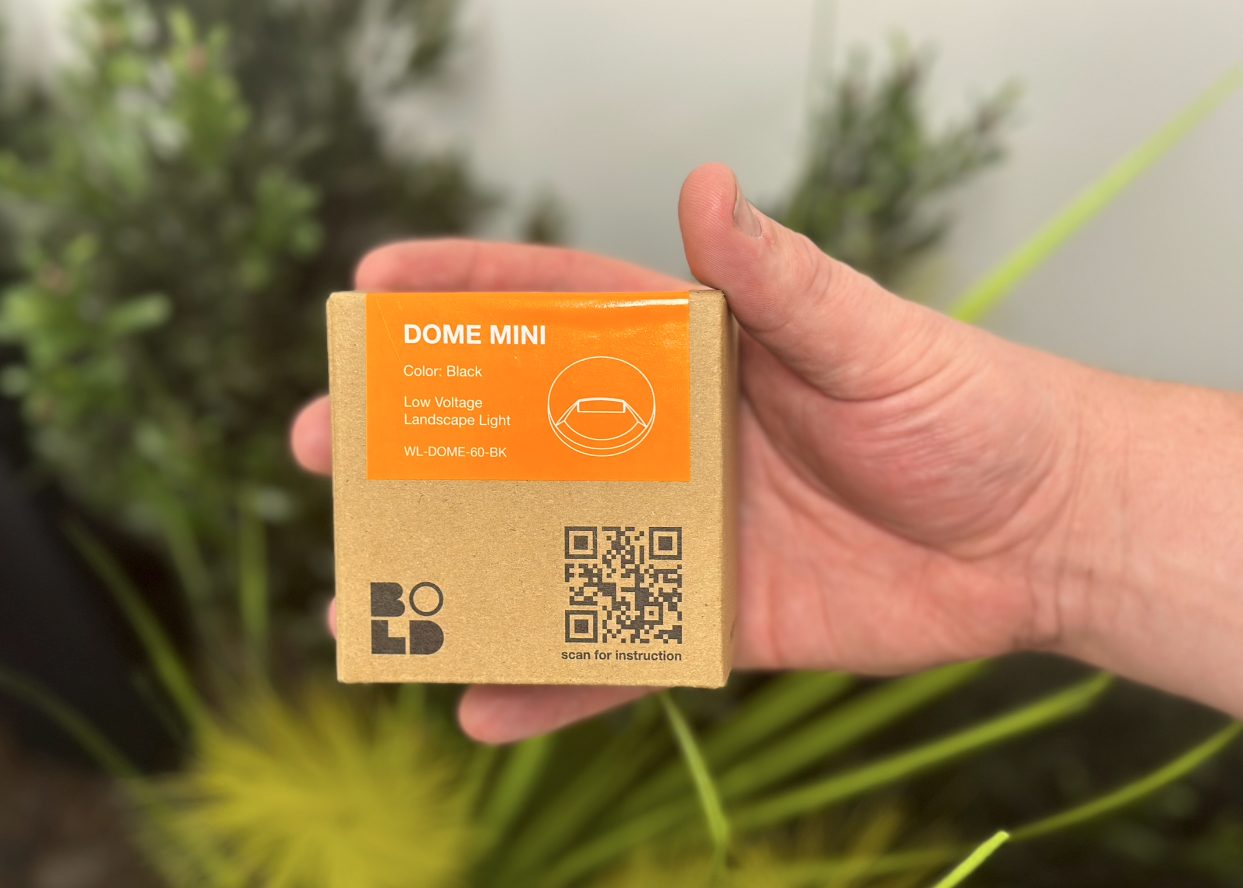Electrical products in North America undergo testing to ensure they are safe for use. Who they are tested by and what certification stamp they are given can vary - but the testing standards and outcome are always the same: either the products are deemed safe for North American use, or not.
This article aims to answer the following questions:
- Are low-voltage landscape lighting products required to be UL listed by the NEC or CEC?
- Is it illegal to have electrical products not UL listed or ETL listed?
- What is a NRTL (Nationally Recognized Testing Laboratory)?
- What are the NRTLs that operate in North America?
- What is the difference between UL Listing and Intertek Listing?
- Is UL better than ETL?
- And more.
American/Canadian Electrical Code and Low-Voltage Lighting
The National Electric Code (NEC) and Canadian Electrical Code (CEC) technically do not require that electrical products be certified by a 3rd party to ensure the products meet specific safety standards. But let's be real, you probably want to be using electrical products that have been tested approved to keep you safe from dangers such as electric shock, electrocution, fires and explosions.
Even though it's not "the law", both the NEC and CEC have imposed requirements that can only be met by having those certifications - which sounds very similar but isn't exactly the same.Without getting into the extremely boring and nitty gritty details, it essentially means that if a manufacturer doesn't provide the certification on the product then you (as the installer) are subject to a local inspector doing it. Many jurisdictions have different rules and requirements, so it's generally safe to say that you shouldn't gamble on electrical equipment that doesn't use legitimate 3rd party verification. Non-certified electrical products are not worth the safety hazards, high failure rates, or the nightmare of red-tagging projects because they don't meet local code.
Although it's not mandated by law, most respectable landscape lighting manufacturers will (and should) ensure their products are certified because they want to make sure their products are safe to use.
Nationally Recognized Testing Laboratories (NRTL)
Nationally Recognized Testing Laboratories (NRTL) can provide certifications for electrical products (including low-voltage outdoor lighting). Although these testing facilities are independent third-party organizations, they are accredited by the Occupational Safety and Health Administration (OSHA) in the United States and the Canadian Centre for Occupational Health and Safety (CCOHS).
There are three major NRTLs that operate in North America:
1. Underwriters Laboratories (UL)
2. Intertek Laboratories formerly known as Edison Testing Laboratories (ETL)
3. CSA Group formerly known as Canadian Standards Association (CSA)
In North America, all NRTLs have to follow the same testing procedures and maintain identical standards. This means that whether a product is tested and approved by ETL, UL, or any other NRTL makes no difference with regard to the standards it is required to meet.
UL and ETL are the two most commonly used NRTLs, but we are often asked what the difference between the two of them is.
UL Listed vs Intertek Listed
In terms of the actual verification, testing, and certification process, there are no real differences between a product being UL Listed or Intertek Listed. So when you see ETL Listed or UL Listed on a product, both essentially mean the same thing. Either symbol indicates that the product was tested by an NRTL and was found to have successfully met a set of federally mandated standards.
ETL Listed means a product was tested and approved by the company Intertek (formerly Edison Testing Laboratories).
Fun fact: When Thomas Edison created the lightbulb, he created the Lamp Testing Bureau which later became known as the Electrical Testing Laboratories and now Intertek. This is why, even though the company is called Intertek, they maintain the use of Edisons' ETL mark.
UL (and cUL) means it was tested and approved by the company Underwriters Laboratories.
Both are Nationally Recognized Testing Laboratories.
UL has better recognition amongst consumers. This may be because UL creates some of its own standards as well as testing to the standards set by OSHA and CCHOS. Most consumers don't know this though, they just see the UL logo more often so are inclined to believe it is the "better" option. The companies are also roughly the same age, so saying that one has been around longer is even a mute point. Other than creating some of their own standards, it's hard to pin point exactly why UL is more popular. UL and Intertek are quite literally the exact same in terms of their requirements for testing and certifications.
Because of the increase in consumer awareness, many companies often opt-in for UL Listing for their products which just creates a cycle of popularity: more companies use it, so even more companies want to use it. Although it may not be clear as to why it's more popular, it can definitely be credited with the "Most Popular NRTL" award.
There are some drawbacks with UL's popularity though. There is a huge waiting list with a backlog of products waiting for certification. For some manufacturers, this waiting list isn't a huge deal.
There are a few reasons why some companies aren't turned off by waiting for UL listings:
- They're already waiting for other parts for their products so waiting for this doesn't change the timeline in which they can get their products out the door
- They have a longer scheduled product release calendar
- And surely there are more
Some manufacturers just believe that getting the popularity stamp of a UL listing is worth the wait because it's been said that the difference between UL and ETL is "cosmetic" (i.e. it just looks and sounds better).
For other companies that want to provide solutions for their customers in a timely manner or get to market quickly with innovative and new products, skipping a waiting period and avoiding product delays by months can be highly beneficial.
A second drawback to UL listings is that because of its popularity amongst consumers, it's also a little more expensive. It's not a drastic increase by any means, but it is something that could ultimately affect the cost price to the consumers. It is expected that companies include manufacturing costs, testing costs, packaging costs, etc. into the price of their products, so manufacturers that want to help keep costs down for their consumers will opt for a more economical choice in certification.
Surely there are manufacturers that will argue that because UL is more popular and more expensive, it's the better option. But the cost is driven by popularity and the popularity stems from the bandwagon effect or herd mentality (i.e. it only gets more popular because it's popular). So, it's hard to say which is truly "better" because they're basically exactly the same.
Being more recognizable of a certification certainly makes choosing UL a smart business decision for manufacturers. Having a faster processing time and being more competitively priced makes ETL a smart business decision for manufacturers too. So, this article is not meant to argue that one NRTL is better than the other, it is simply to compare the very little differences between the two organizations.
If you Google, "Is UL better than ETL?" or "What is the difference between UL and ETL?" you will pull up articles that say things like:
- "There is absolutely no difference between a UL listing and an ETL listing" (Triad Magnetics, 2024)
- "Ultimately, there is little difference between UL and ETL (or any of the other participants in the NRTL program)." (Onlogic, 2022)
- "The difference is that UL Listed means tested by Underwriters Laboratories and ETL Listed means tested by Intertek" (Linkpower Tech Co., 2023)
- "Both marks indicate that a product meets the minimum requirements of widely accepted product safety standards, determined through independent testing by a Nationally Recognized Testing Laboratory (NRTL)" (Intertek, 2020)
At the end of the day, whether a product carries the UL Listed mark, or the ETL Listed mark, it means that the product has been through a rigorous safety testing process, and has been found to be safe for use in North America.
If you have questions or want to learn more about BOLD's products, our testing, or our certifications, you can reach out to us at support@boldpros.com or give us a call at 1-833-472-9960.
